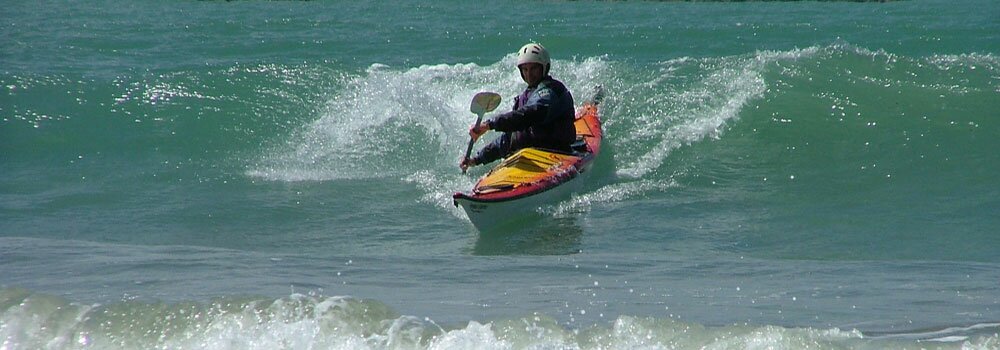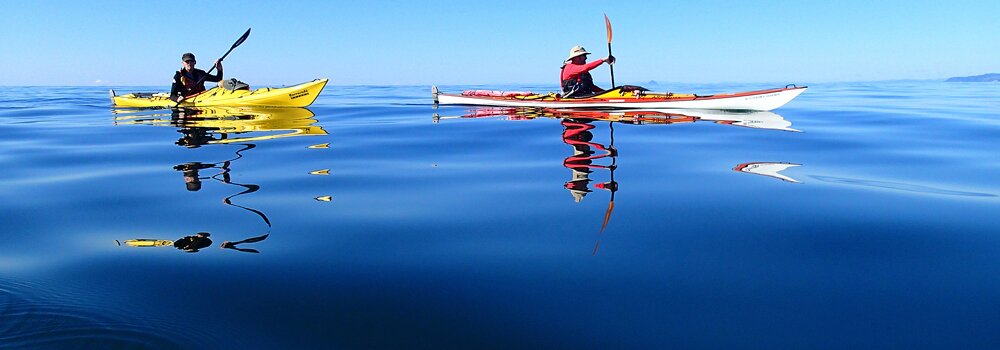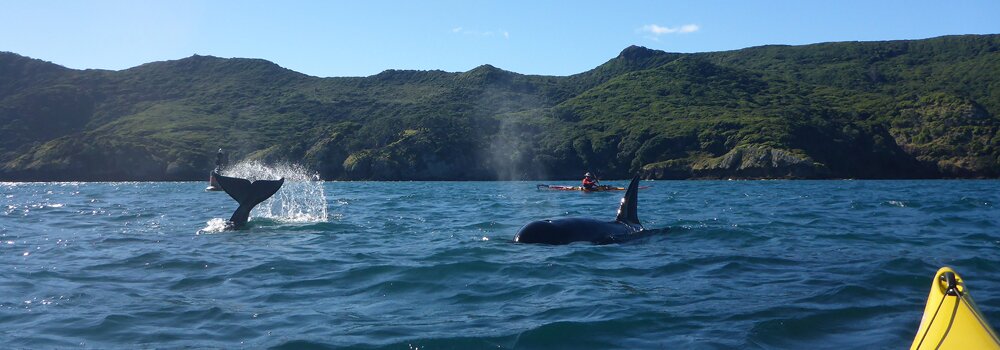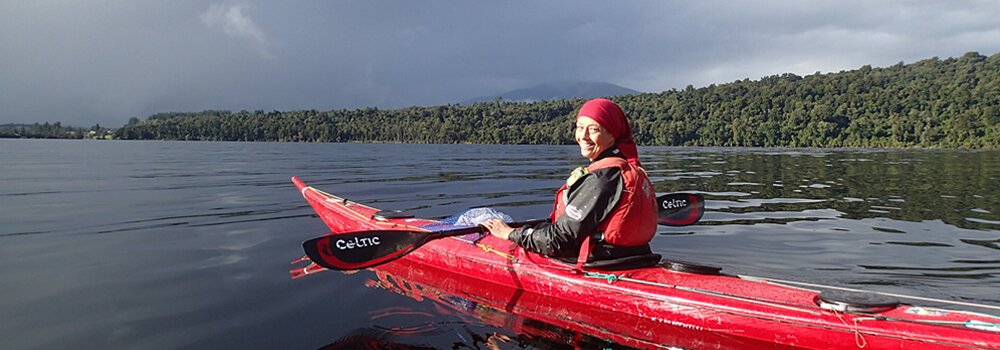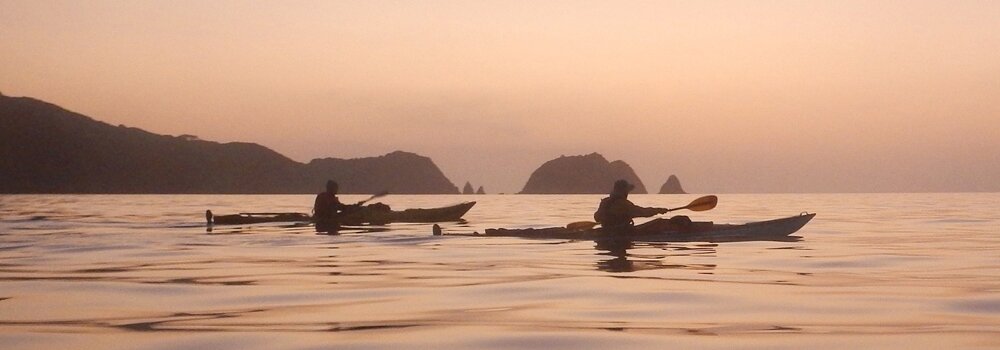Weather Forecasts
MetService supports Safe Boating Week and give pointers to better understanding the reports.
Understanding Sea Conditions From Marine Forecasts
For more information and app download links, check out the MetService website for Weather on Your Mobile Smartphone
VHF
WARNING – repeater frequencies have been re-allocated
See above for VHF channel changes in 2016.
Forecasts are available from a number of sources. This is a warning, make sure the forecast you are listening to is for the day you think it is for and for the area that you are actually interested in. (Still a current warning 2012.)
The forecast from the National radio stations are very poorly presented at times and can lead a listener to confusion.
The spoken forecast should be as boring as possible and should be to a set format – Place, Time, Event, repeat for next area or day – Place, Time, Event, repeat… Unfortunately they don’t do that. So what do they do, they give the event, then the day and possibly where then jump back to the day before for part of the group of places they are talking about until you completely lose the plot. If it is important, write it down and sort out what it means later.
Forecasts from the Coastguard can be relatively old. At the worst, for a couple of days previously! Always check. If the forecast is for the present day, it doesn’t mean the tide data presented is also for the same day as well.
iPhone/Smartphone weather data – it is written by someone. Be warned typos such as 29 degrees instead of 19 degrees can occur. Check it carefully.
TV weather, the picture data might indicate NE and the announcer is saying SE.
All these mistakes have been noted which means you need to be aware that these mistakes can happen and don’t believe everything you see and hear.
KASK's aims are to:
1. Promote and encourage the sport of sea kayaking2. Promote safety standards
3. Develop techniques and equipment
4. Deal with issues of coastal access and protection
5. Organise sea kayak forums around the country
6. Publish the Sea Canoeist Newsletter and the KASK Handbook
